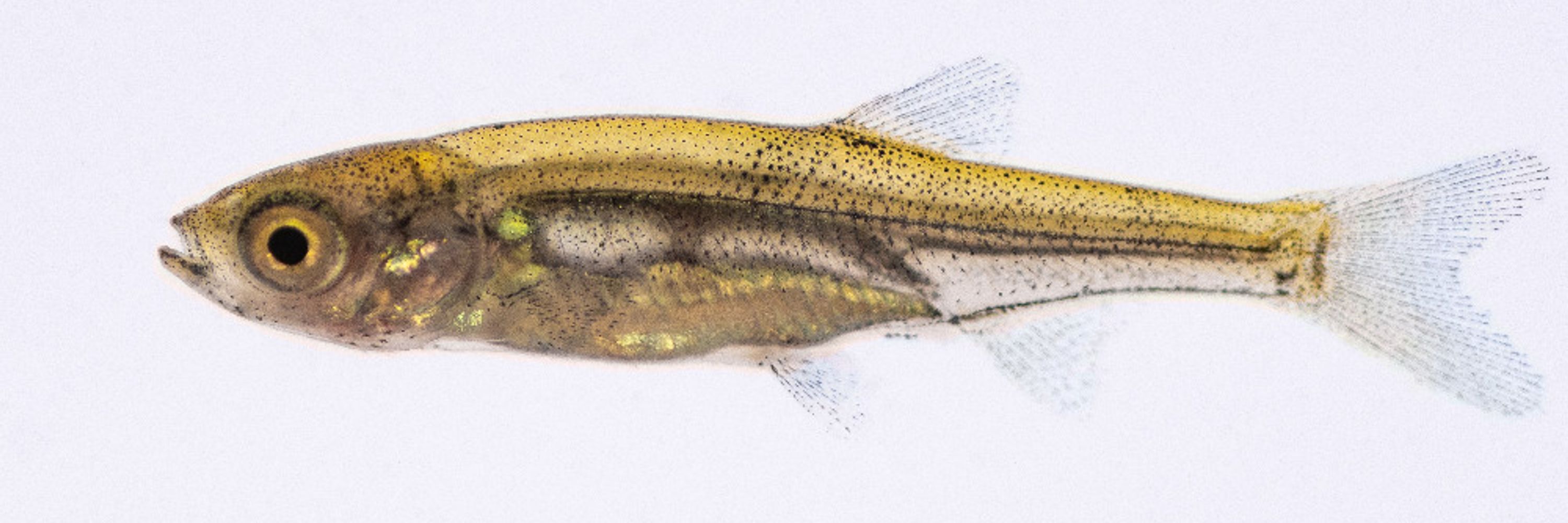

To name a few:
Antantic fanfish 1929
Blackspot seabream 1869, 1871, 1879, 1960
Little tunny 1909
Plain bonito ca. 1875
Bouge 1931, 1940, 1959
Oceanic whitetip shark 2004
To name a few:
Antantic fanfish 1929
Blackspot seabream 1869, 1871, 1879, 1960
Little tunny 1909
Plain bonito ca. 1875
Bouge 1931, 1940, 1959
Oceanic whitetip shark 2004

